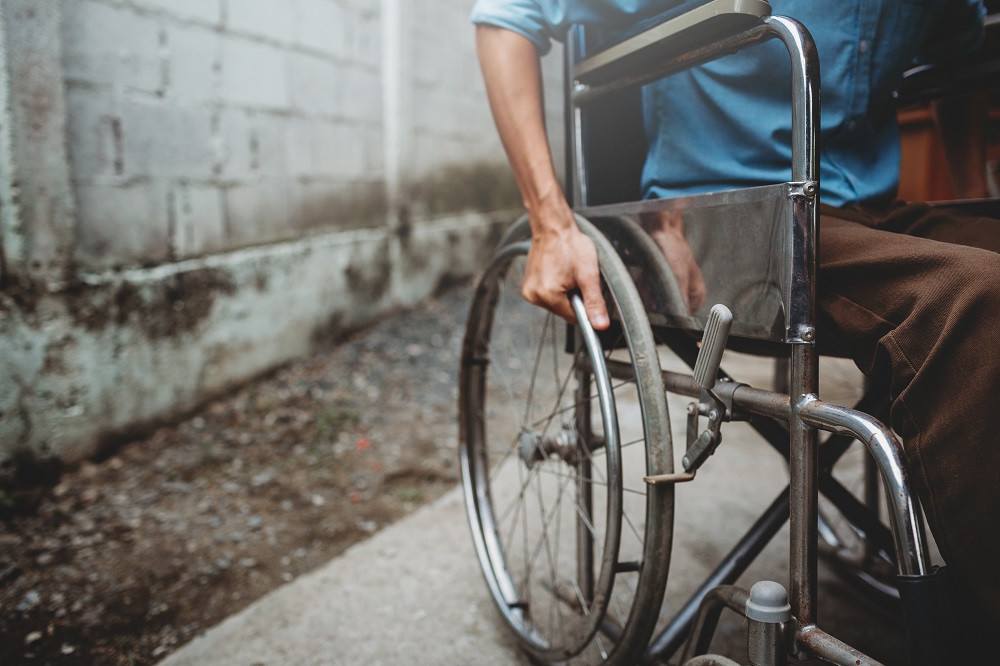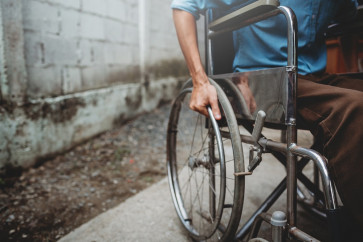Popular Reads
Top Results
Can't find what you're looking for?
View all search resultsPopular Reads
Top Results
Can't find what you're looking for?
View all search resultsCOVID-19 economic woes disproportionately affect people with disabilities
Change text size
Gift Premium Articles
to Anyone
W
hile the COVID-19 pandemic has affected almost all parts of society, it has deeply impacted people with disabilities, many of whom have been dragged closer to the poverty line as the ongoing crisis severely reduces their income.
Saidah, 45, and her 49-year-old husband Rochim, both of whom are visually impaired, are among those whose income has significantly declined due to COVID-19 as they worked as masseuses before the pandemic.
As the pandemic led people to impose physical-distancing measures, Saidah and Rochim’s massage work fell off drastically, thus reducing their monthly income from around Rp 4.5 million (US$311) per month before the pandemic to less than Rp 1 million per month.
With their income suffering a severe blow, Saidah said the family had struggled to make ends meet.
“We can save money by eating sparingly, as long as it fills [our stomach]. But for rent and electricity, we are struggling every month," Saidah told The Jakarta Post on Aug. 19.
Saidah and Rochim hold Jakarta Disability Cards (KPDJ), which allow them to receive social assistance from the Jakarta administration. She, however, added that the aid was often disbursed late.
Read also: People with disabilities demand access to information, basic rights during pandemic


















